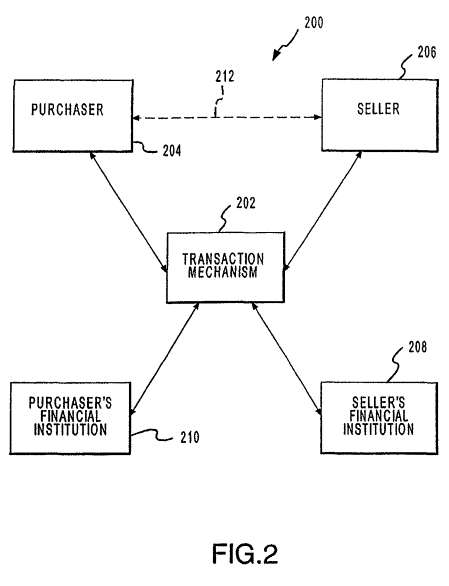Home > Insights > Publications > Financial institution’s mobile or digital wallet accused of infringing Liberty Peak Ventures’ patent rights

Liberty Peak alleges it owns several patents protecting the invention of digital wallets. Liberty Peak alleges a financial institution’s “systems for securing, authorizing and facilitating financial transactions, e.g., purchases related to banking and debit card accounts” infringe Liberty Peak’s patent rights. The Complaint explains that mobile wallets that are implemented on an app on a mobile device or tablet practice the claimed invention. In other instances, mobile wallets that use Host Card Emulation, where credit card information is stored in a host CPU or in the cloud, allegedly practice the claimed invention. Either instance includes Near Field Communication or Magnetic Secure Transmission, which allow a device to be passed near a card reader to effectuate a payment, allegedly infringing the asserted patent.
As explained in U.S. Pat. No. 8,794,509, a transaction 212 may be initiated by one of either the purchaser 204 or the seller 206 whereby funds are transferred from the purchaser’s financial account at the purchaser’s financial institution 210 to the seller’s financial account at the seller’s financial institution 208. The transaction is authenticated by a transaction mechanism 202. U.S. Pat. No. 8,794,509, col. 11, rows 18-51 & FIG. 2.

According to the complaint, a system that “enable[s] and conduct[s] mobile payments that utilize mobile wallets” infringes Liberty Peak’s patents.
Plaintiff alleges it has six U.S. patents on this invention – U.S. Patent Nos. 7,953,671; 8,794,509, 8,851,369; 9,195,985; 6,886,101 and 7,904,386. At least one of these patents has already expired. Liberty Peak does not allege a specific dollar amount for damages for the alleged infringement.
Brendan Bement and Matt Braunel are members of Thompson Coburn’s Intellectual Property group.
